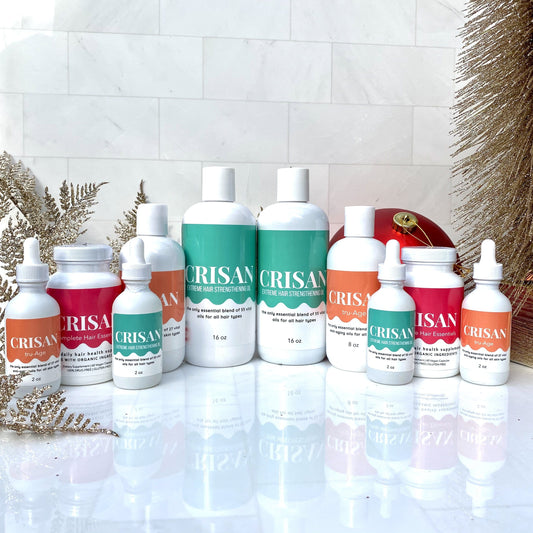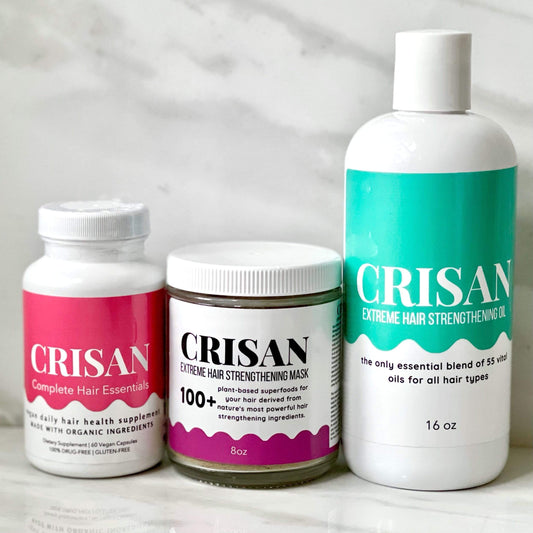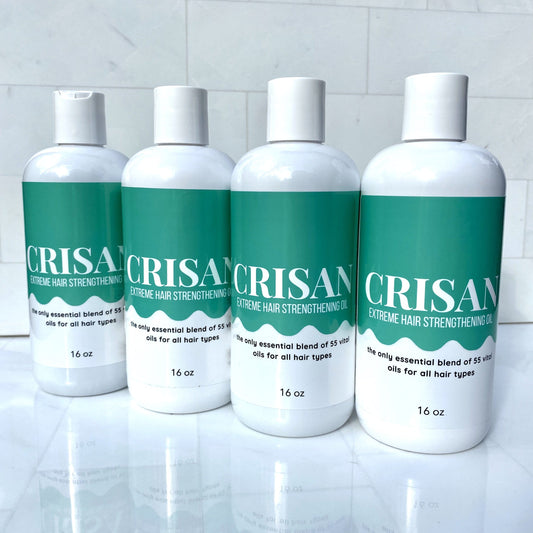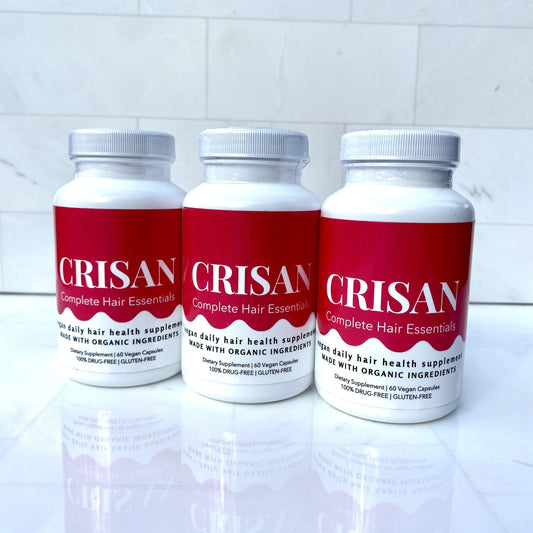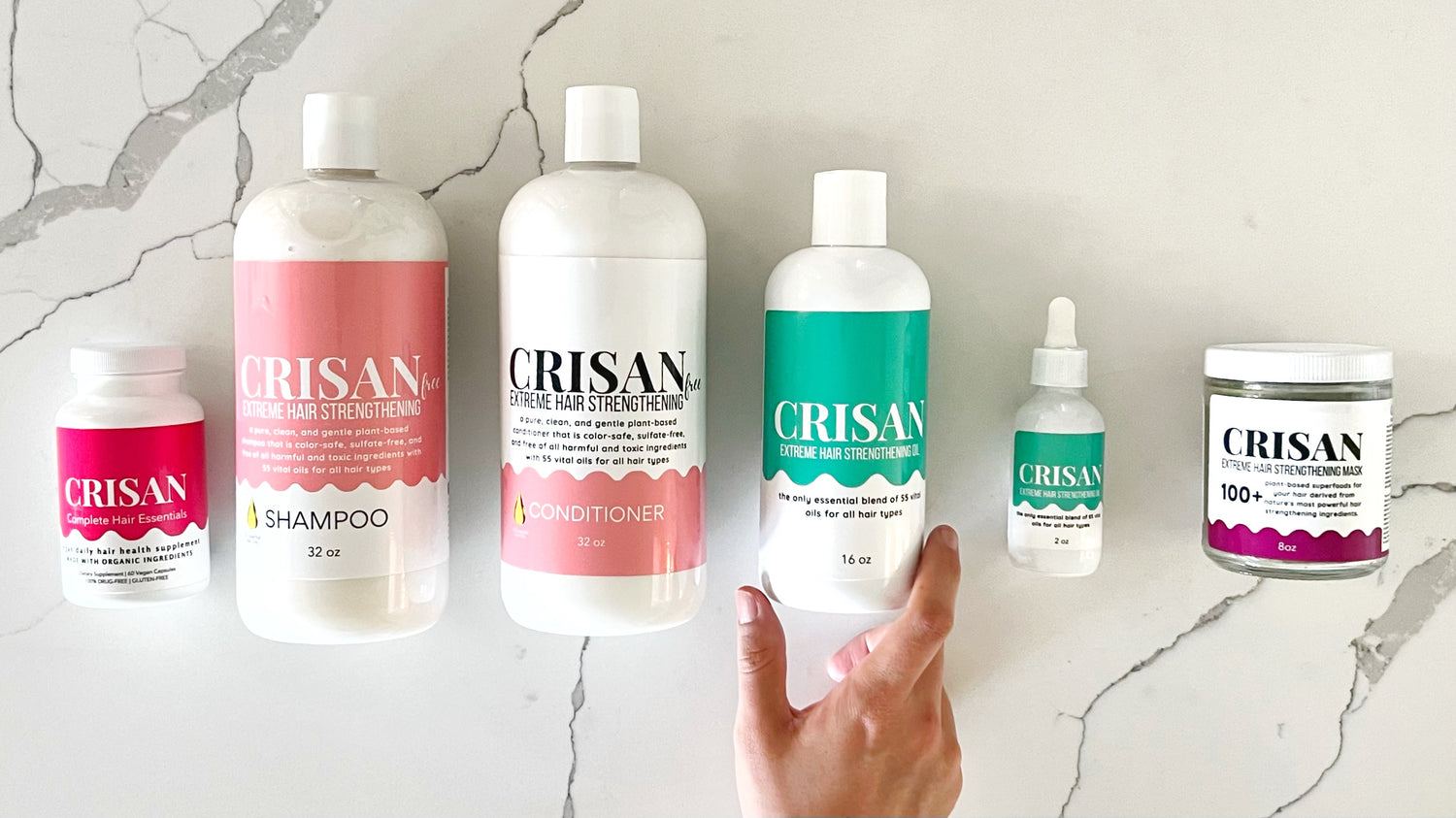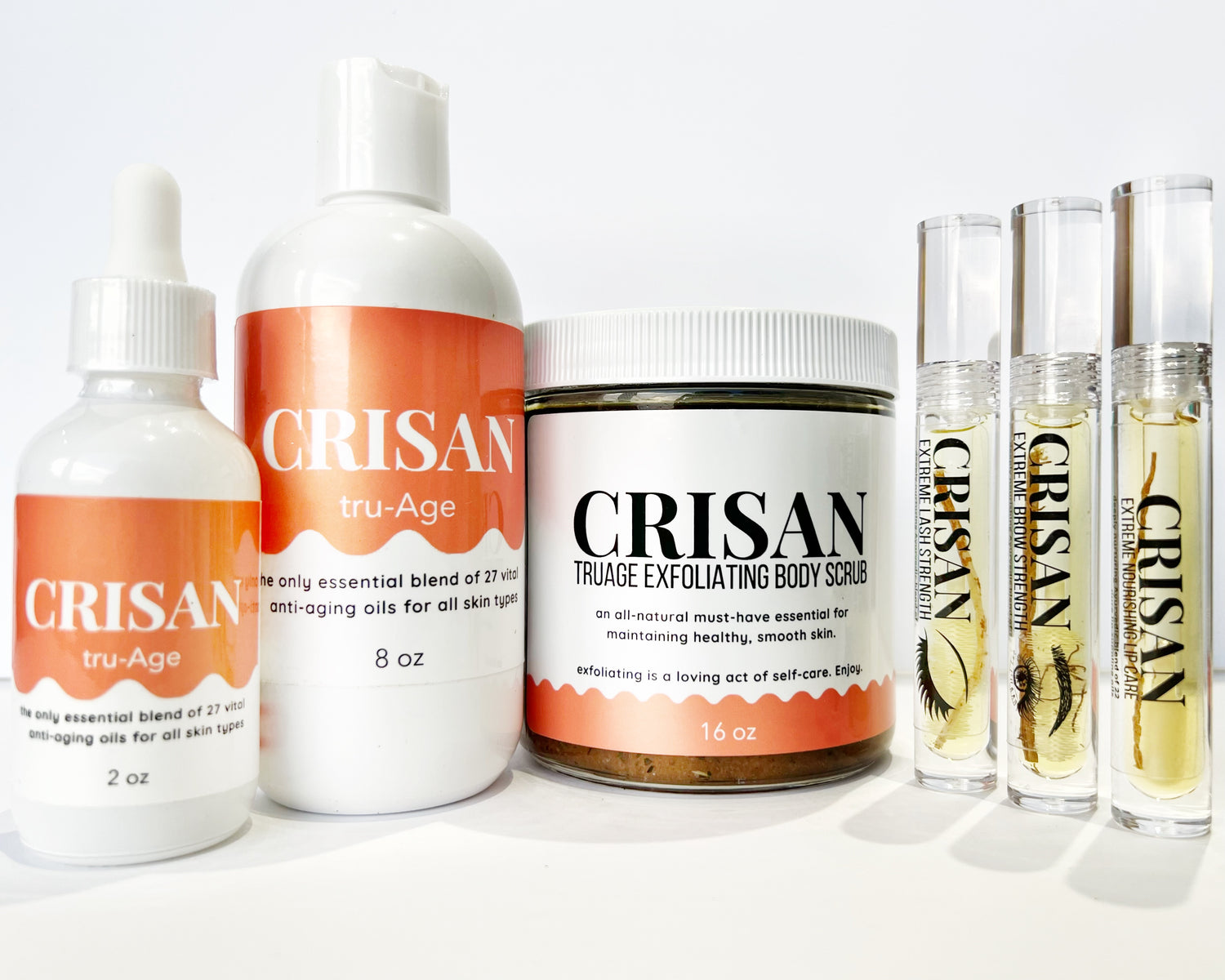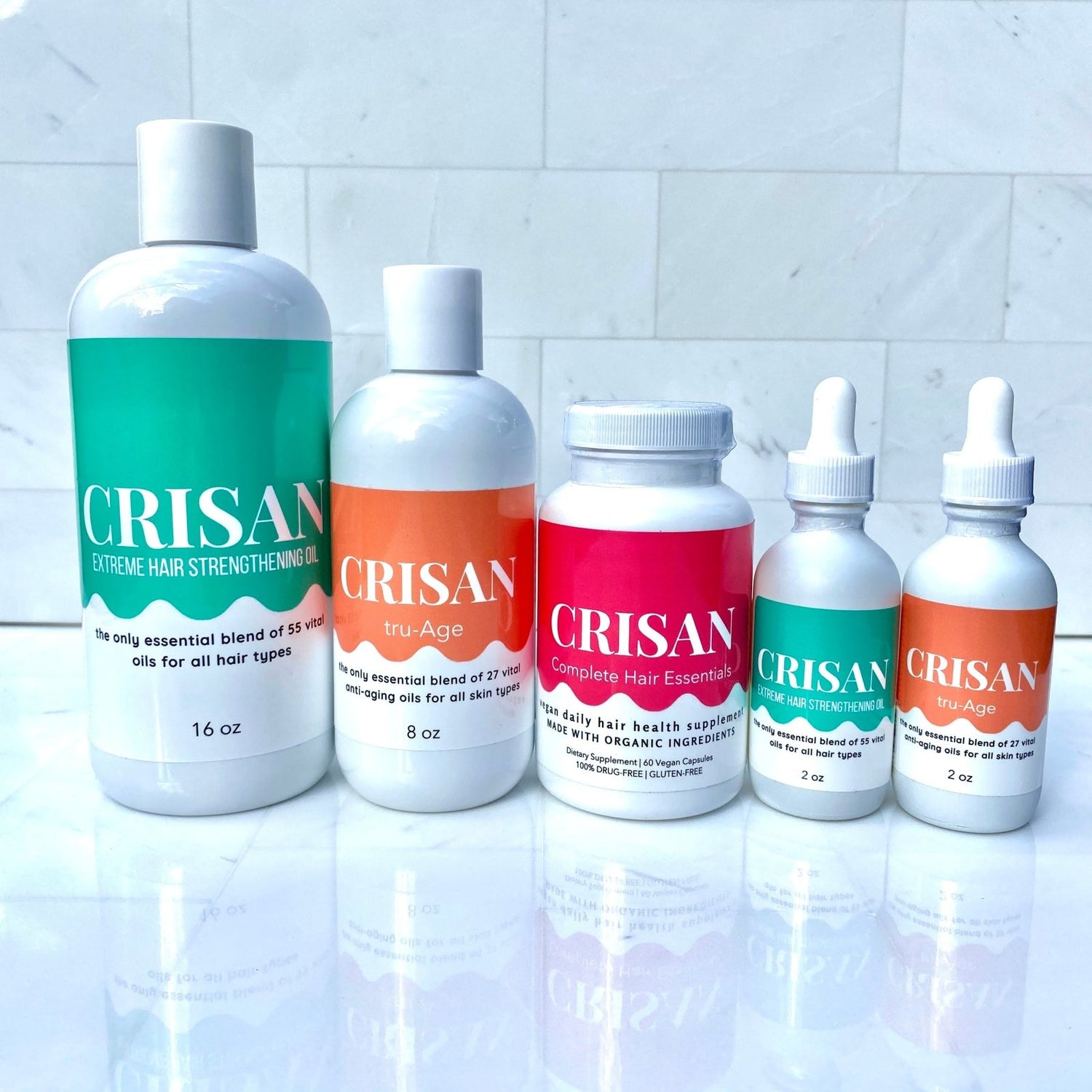Vitamins are essential for healthy hair growth and may help in preventing hair shedding and thinning. According to Michele Green, M.D., a cosmetic dermatologist in New York, the best vitamins for hair growth include B vitamins, vitamin D, vitamin E, zinc, biotin, and iron. These vitamins aid in cell growth, prevent free radicals from damaging hair, keep it from graying prematurely, and nourish the follicles that stimulate growth. In this article, we will explore the best vitamins for hair thinning and how they can support hair health.
Key Takeaways
- Vitamins like B vitamins, vitamin D, vitamin E, zinc, biotin, and iron are crucial for healthy hair growth.
- Biotin stimulates the production of keratin, which increases follicle growth.
- Vitamin D deficiency is commonly linked to hair loss, making it essential for hair follicle health.
- Antioxidant properties of vitamin E protect hair from damage and promote overall hair health.
- A balanced diet and proper supplementation can prevent hair thinning and support strong hair growth.
Understanding Hair Thinning and Its Causes
Hair thinning can be a distressing experience, often affecting one's self-esteem and confidence. Understanding the underlying causes is crucial for finding effective solutions and managing this condition compassionately.
Common Reasons for Hair Thinning
Hair thinning can result from a variety of factors, including medical conditions, stress, and vitamin deficiencies. Shedding between 50 to 100 hairs daily is normal, but if you're losing noticeably more hair than that, it may indicate an issue with your hair follicle health. Factors such as medical conditions, stress, and vitamin deficiencies all can affect your hair health.
How Nutritional Deficiencies Affect Hair Health
Nutritional deficiencies, particularly in vitamins and minerals, can significantly impact hair health. For instance, iron and vitamin D are among the most common deficiencies observed in hair loss. Ensuring a balanced diet rich in essential nutrients can help maintain healthy hair and prevent further thinning.
The Role of Genetics in Hair Thinning
Genetics play a significant role in hair thinning, especially in conditions like male pattern baldness. While you can't change your genetic makeup, understanding its impact can help you take proactive steps to manage and mitigate hair thinning effectively.
For a lot of people, their hair is their crown or form of expression. It can be distressing to face hair thinning and damage that may lead to hair loss. However, with the right knowledge and approach, you can take steps to improve your hair health and regain your confidence.
The Importance of Vitamins for Hair Health
Vitamins play a crucial role in maintaining the health and vitality of your hair. Vitamins are essential for healthy hair growth and may help in preventing hair shedding and thinning. Ensuring you get the right vitamins can make a significant difference in the strength and appearance of your hair.
Biotin: The Hair Growth Vitamin
How Biotin Stimulates Keratin Production
Biotin, also known as vitamin B7, is a complex B vitamin that is often touted for its hair growth benefits. It plays a crucial role in creating red blood cells, which carry oxygen and nutrients to the scalp and hair follicles. Additionally, biotin stimulates the production of keratin, a main component of hair. Some research has found that biotin may stimulate more rapid hair growth and promote thicker, healthier hair.
Sources of Biotin in Your Diet
Biotin deficiencies tend to be rare, but ensuring you get enough can support hair health. You can find this vitamin in many foods, including:
- Eggs
- Meat
- Fish
- Nuts
- Sweet potatoes
- Seeds
Recommended Daily Intake of Biotin
The recommended intake of biotin for adults is 30 micrograms daily. While most people get enough biotin from their diet, supplements are available for those who may need an extra boost. However, it's important to note that high levels of biotin may lead to acne or affect certain lab values.
Biotin has functions in creating red blood cells, which carry oxygen and nutrients to the scalp and hair follicles. It also plays a role in keratin production, which is a main component of hair.
Vitamin D: Essential for Hair Follicle Health
The Link Between Vitamin D Deficiency and Hair Loss
Vitamin D helps stabilize the hair follicle, so not having enough of it can impact hair health. A deficiency in vitamin D may result in hair loss. Vitamin D is metabolized in the skin by keratinocytes, skin cells that produce keratin. When the body does not have enough vitamin D, the keratinocytes in hair follicles have trouble facilitating hair growth, resulting in shedding and hair loss.
Best Sources of Vitamin D
To ensure adequate vitamin D levels, consider incorporating the following sources into your diet:
- Fatty fish (like salmon and mackerel)
- Fortified dairy products
- Egg yolks
- Mushrooms
How to Ensure Adequate Vitamin D Levels
Vitamin D deficiency is really common, affecting about one-third of American adults, especially those who avoid dairy products. For people worried about their hair health, a vitamin D3 supplement is pretty much essential. Many daily multivitamins contain D3, but an extra 2,000 IUs of vitamin D3 every day is often recommended to bolster supply.
Ensuring you have enough vitamin D is crucial for maintaining healthy hair and preventing hair loss.
Vitamin E: Protecting Hair from Damage
Antioxidant Properties of Vitamin E
Vitamin E is an antioxidant that helps build and repair body tissue. Research suggests that some of the antioxidant compounds in vitamin E may play key roles in the process of growing and maintaining healthy hair. Vitamin E can help improve the overall health and appearance of hair by reducing damage from free radicals.
Foods Rich in Vitamin E
There are several ways to give your hairline a boost with vitamin E. The first is to eat more foods rich in vitamin E, such as:
- Spinach
- Broccoli
- Avocados
- Almonds
- Peanuts
- Sunflower seeds
Supplementing Vitamin E for Hair Health
Vitamin E is an effective method for treating hair loss. A small study revealed that people taking vitamin E supplements for eight months experienced a 34.5% increase in hair growth. If you plan to go the supplemental route, the recommended dietary allowance is 15 milligrams daily.
Remember not to overdo it, as excessive sun exposure can damage your skin and contribute to premature aging and an increased risk of skin cancer.
Iron and Zinc: Vital Minerals for Strong Hair
The Role of Iron in Preventing Hair Thinning
Iron is a crucial mineral for maintaining healthy hair. It helps red blood cells carry oxygen to your hair follicles, which is essential for growth and repair. Iron deficiency can lead to hair thinning and even hair loss. Ensuring you have adequate iron levels can help prevent these issues and promote stronger, healthier hair.
Zinc's Contribution to Hair Growth
Zinc is a trace mineral needed by the body in small amounts, but it plays a significant role in hair health. It aids in cell growth, DNA creation, and protein synthesis, all of which are vital for hair growth. Low levels of zinc have been associated with hair loss and poor wound healing. Including zinc-rich foods like meat, beans, nuts, and seeds in your diet can help maintain optimal zinc levels.
Combining Iron and Zinc for Optimal Hair Health
Both iron and zinc are essential for hair health, and a deficiency in either can lead to hair thinning. Combining these minerals in your diet can provide a synergistic effect, promoting stronger and healthier hair. It's important to balance your intake, as too much of one can interfere with the absorption of the other. Consulting with a healthcare professional can help you determine the right balance for your needs.
Incorporating Hair-Healthy Vitamins into Your Diet
Creating a Balanced Diet for Hair Health
A balanced diet is crucial for maintaining healthy hair. Incorporating a variety of vitamins and minerals can help prevent hair thinning and promote growth. Foods rich in vitamins A, B, C, D, and E, as well as iron and zinc, should be included in your daily meals. For example, leafy greens, nuts, seeds, and fish are excellent sources of these nutrients.
Choosing the Right Supplements
Sometimes, it can be challenging to get all the necessary vitamins from food alone. In such cases, choosing the right supplements can be beneficial. Look for supplements that contain a comprehensive mix of vitamins and minerals essential for hair health. It's important to consult with a healthcare professional before starting any new supplement regimen to ensure it meets your specific needs.
Consulting with a Healthcare Professional
Before making any significant changes to your diet or starting new supplements, it's wise to consult with a healthcare professional. They can provide personalized advice based on your health history and current condition. This step is crucial to avoid any potential interactions or side effects and to ensure that you are taking the right approach to support your hair health.
By supplementing with folic acid or eating more folate-rich foods, you might be able to turn things around. Additionally, vitamin C plays a key role in scalp health and hair growth. Your body uses vitamin C for many critical functions, including making certain neurotransmitters needed for mental function, creating collagen, and supporting protein metabolization, which is necessary for healthy skin and muscles.
Incorporating hair-healthy vitamins into your diet can make a significant difference in the health and appearance of your hair. Our range of vitamins and supplements, including the popular Complete Hair Follicle Support Vitamin, are designed to provide the essential nutrients your hair needs to thrive. Visit our website to explore our full collection and start your journey to healthier hair today!
Conclusion
In conclusion, maintaining healthy hair involves more than just external care; it requires proper nutrition and the right vitamins. As Dr. Michele Green and other experts have highlighted, essential vitamins such as B vitamins, vitamin D, vitamin E, zinc, biotin, and iron play a crucial role in promoting hair growth and preventing thinning. These nutrients aid in cell growth, protect against free radicals, and nourish hair follicles, ensuring your hair remains strong and vibrant. If you're experiencing hair thinning, consider incorporating these vitamins into your diet or through supplements, but always consult with a healthcare provider to tailor the best approach for your individual needs. Remember, a holistic approach to hair care, combining both internal and external strategies, is key to achieving and maintaining healthy hair.
Frequently Asked Questions
What are the best vitamins for hair growth?
The best vitamins for hair growth include B vitamins, vitamin D, vitamin E, zinc, biotin, and iron. These vitamins aid in cell growth, prevent free radicals from damaging hair, and nourish the follicles that stimulate growth.
How does biotin help with hair growth?
Biotin, also known as vitamin B7, stimulates the production of keratin, which increases follicle growth. It can be found in foods such as eggs, meat, fish, nuts, sweet potatoes, and seeds.
Can vitamin D deficiency cause hair loss?
Yes, vitamin D deficiency has been linked to hair loss. Ensuring adequate levels of vitamin D through diet, supplements, or sunlight exposure can help maintain healthy hair follicles.
What foods are rich in vitamin E for hair health?
Foods rich in vitamin E include nuts, seeds, spinach, and broccoli. Vitamin E has antioxidant properties that protect hair from damage and support overall hair health.
Why are iron and zinc important for hair health?
Iron helps prevent hair thinning by supporting red blood cells that carry oxygen to hair follicles, while zinc contributes to hair growth by supporting the immune system and cell division. Combining both minerals can optimize hair health.
Should I consult a healthcare professional before taking hair growth supplements?
Yes, it's recommended to consult with a healthcare professional before starting any new supplement regimen to ensure it is appropriate for your individual health needs and conditions.


